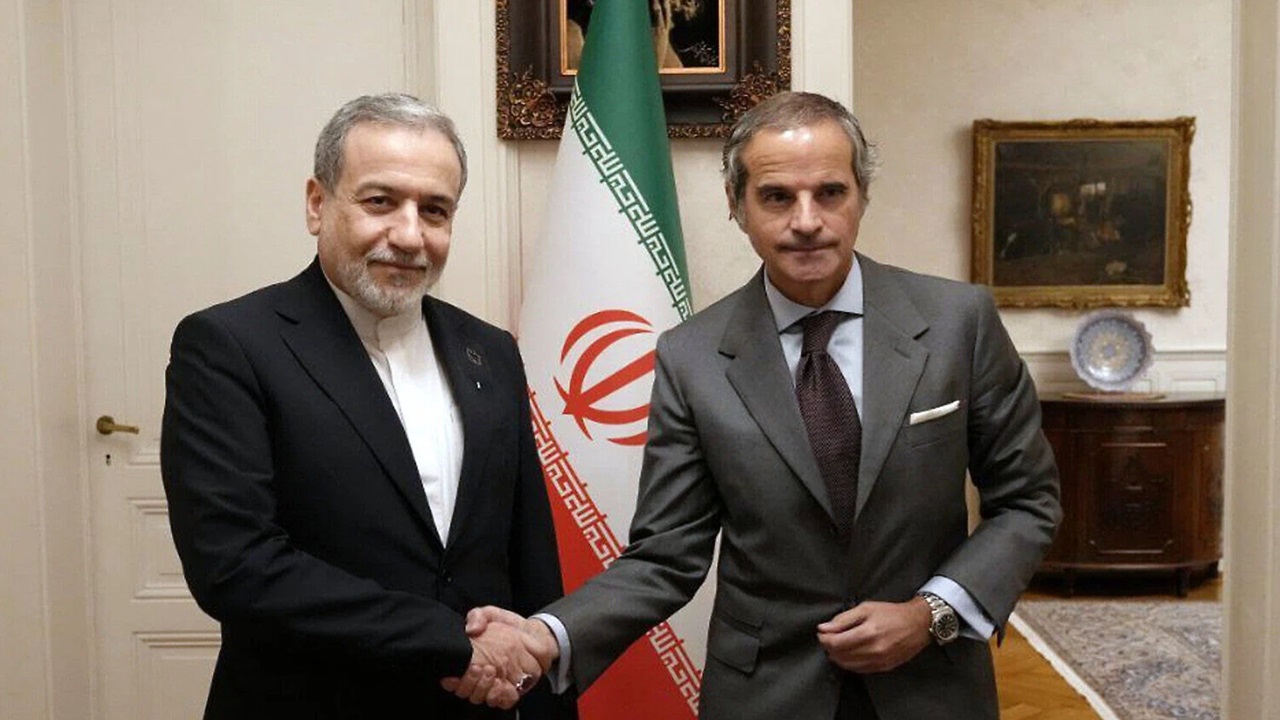U.S. Secretary of State Antony Blinken embarked on a significant diplomatic mission to Beijing.
· During the extensive five-and-a-half-hour talks with China’s top diplomat Blinken expressed U.S. concerns regarding China’s assistance to Russia’s defense industry.
· This critical dialogue, which encompassed a spectrum of contentious issues ranging from Taiwan and the South China Sea to trade imbalances.
· Despite China’s avowal of a “no limits” partnership with Moscow, apprehensions persist within the U.S. administration regarding China’s indirect facilitation of Russia’s military efforts, in the context of the conflict in Ukraine.
· Despite assertions of progress in stabilizing relations, both sides acknowledged the persistence of “negative factors” and disruptions in the bilateral relationship.
· The agenda for the talks, set during high-level summits between President Biden and President Xi, reflects a concerted effort to navigate and mitigate tensions across various fronts.
· In response to U.S. apprehensions, China has staunchly emphasized its adherence to normal trade practices with Russia, vehemently denying any direct involvement in the Ukraine crisis.
In a bid to address escalating tensions and foster constructive engagement, U.S. Secretary of State Antony Blinken embarked on a significant diplomatic mission to Beijing. Central to his agenda was the pressing issue of China’s alleged support for Russia’s military endeavors, casting a shadow over recent efforts to improve bilateral relations between the world’s two largest economies.
During the extensive five-and-a-half-hour talks with China’s top diplomat Wang Yi, Blinken seized the opportunity to express U.S. concerns regarding China’s purported assistance to Russia’s defense industry. This critical dialogue, which encompassed a spectrum of contentious issues ranging from Taiwan and the South China Sea to trade imbalances, underscored the intricate web of challenges characterizing the Sino-American relationship.
Despite China’s avowal of a “no limits” partnership with Moscow, apprehensions persist within the U.S. administration regarding China’s indirect facilitation of Russia’s military efforts, particularly in the context of the ongoing conflict in Ukraine. U.S. officials have sounded alarms over the alleged contributions of Chinese companies to the expansion of Russia’s weapons manufacturing capabilities, potentially exacerbating the conflict and straining bilateral relations.
In response to U.S. apprehensions, China has staunchly emphasized its adherence to normal trade practices with Russia, vehemently denying any direct involvement in the Ukraine crisis. However, the purported economic support to Russia’s defense sector has emerged as a contentious point, threatening to overshadow recent diplomatic overtures and efforts at bilateral reconciliation.
Central to Blinken’s discussions was the imperative of stabilizing the China-U.S. relationship, with Chinese President Xi Jinping echoing concerns over perceived attempts by the United States to impede China’s economic progress. Xi underscored the necessity of addressing fundamental issues to ensure the sustained improvement and advancement of bilateral ties, framing it as akin to rectifying the first button of a shirt to facilitate smooth progress.
Despite assertions of progress in stabilizing relations, both sides acknowledged the persistence of “negative factors” and disruptions in the bilateral relationship. Wang Yi highlighted perceived U.S. efforts to suppress China’s economic, trade, and technological advancements, characterizing them as forms of containment that challenge China’s core interests.
The agenda for the talks, set during high-level summits between President Biden and President Xi, reflects a concerted effort to navigate and mitigate tensions across various fronts. However, recent actions by the U.S., including the signing of a bipartisan bill allocating significant funds to counter China’s military influence, underscore the persistent challenges and mistrust between the two nations.
Amidst escalating rhetoric and divergent interests, both sides reaffirmed the importance of respecting sovereignty, security, and development interests. China reiterated its stance on issues such as Taiwan and the South China Sea, cautioning against any attempts to cross perceived “red lines” that could jeopardize bilateral relations and stability in the region.
As the dialogue continues, the Blinken’s visit serves as a critical opportunity to navigate the complexities of the China-U.S. relationship, striving for constructive engagement while acknowledging and addressing underlying tensions and disparities. With mutual understanding and pragmatic cooperation, both nations can work towards a more stable and productive relationship, benefiting not only themselves but the broader global community.
(With inputs from agencies)








